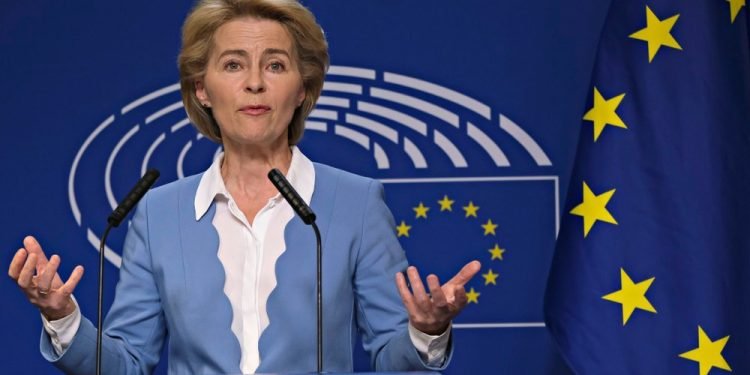The European Union is facing renewed pressure to increase its financial resources, with some even warning of the bloc’s potential demise if the issue isn’t addressed. This comes despite the EU already boasting a trillion-euro budget.
The Funding Gap:
While the EU has a large multi-year budget, concerns lie in how those funds are allocated. Critics argue that the current budget doesn’t adequately address key areas like research and development, defense, and migration. Additionally, some member states are seen as contributing less than their fair share, placing a burden on others.
Dire Warnings:
Some European lawmakers have gone as far as to claim the EU “will die” if its budget woes aren’t resolved. This highlights the perceived urgency of the situation, with some believing the bloc’s functionality and future are at stake.
Potential Solutions:
Proposals to address the funding gap include:
- Increasing member state contributions.
- Implementing new taxes, such as a plastic or financial transaction levy.
- Prioritizing spending and streamlining the budget.
Uncertain Future:
The path forward for the EU’s finances remains unclear. Reaching an agreement on increased funding or spending reforms will likely require difficult negotiations among member states. The outcome will have a significant impact on the EU’s ability to address future challenges and maintain its standing on the global stage.























